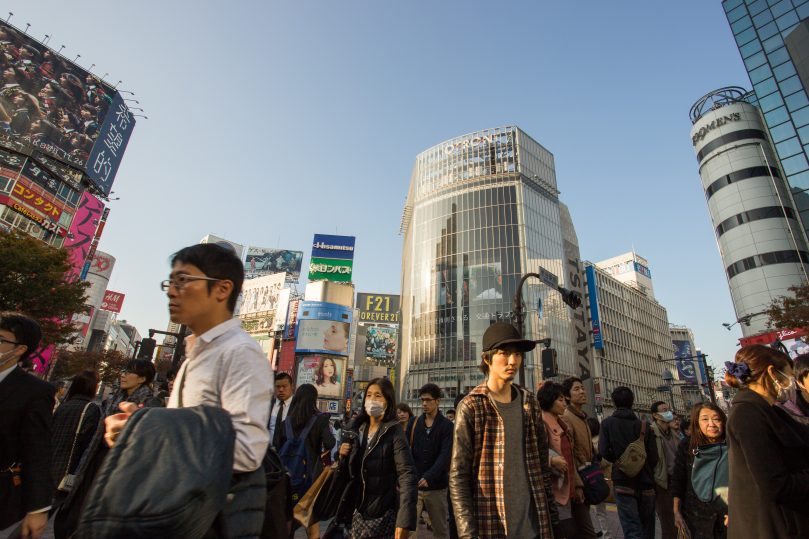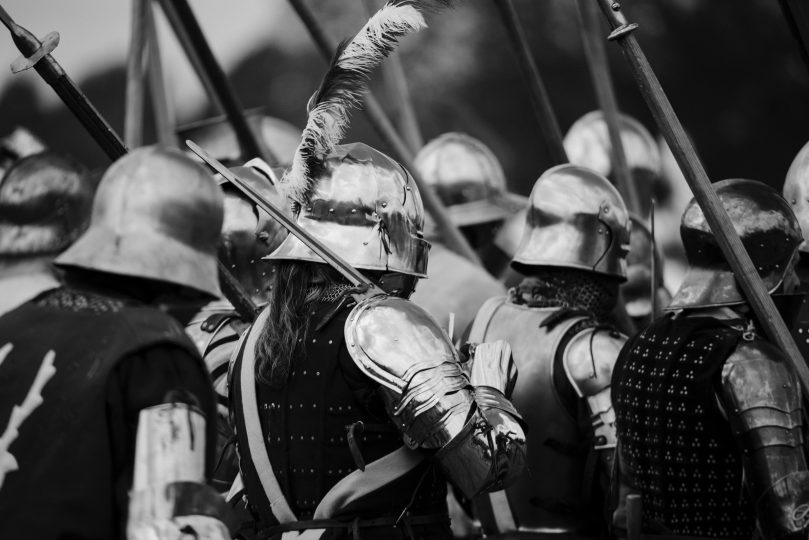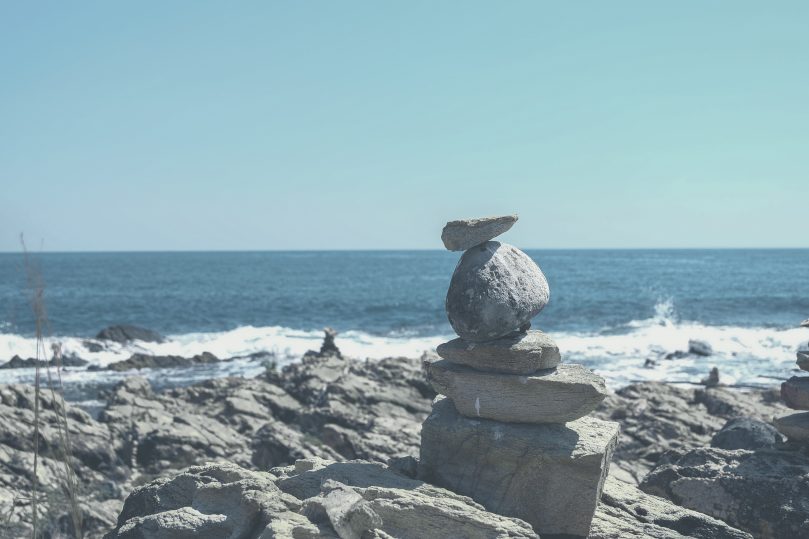Zenkai, the son of a samurai, journeyed to Edo and there became the retainer of a high official. He fell in love with the official’s wife and was discovered. In self-defense, he slew the official. Then he ran away with the wife.
Both of them later became thieves. But the woman was so greedy that Zenkai grew disgusted. Finally, leaving her, he journeyed far away to the province of Buzen, where he became a wandering mendicant.
To atone for his past, Zenkai resolved to accomplish some good deed in his lifetime. Knowing of a dangerous road over a cliff that had caused the death and injury of many persons, he resolved to cut a tunnel through the mountain there.
Begging food in the daytime, Zenkai worked at night digging his tunnel. When thirty years had gone by, the tunnel was 2,280 feet long, 20 feet high, and 30 feet wide.
Two years before the work was completed, the son of the official he had slain, who was a skillful swordsman, found Zenkai out and came to kill him in revenge.
“I will give you my life willingly,” said Zenkai. “Only let me finish this work. On the day it is completed, then you may kill me.”
So the son awaited the day. Several months passed and Zendai kept on digging. The son grew tired of doing nothing and began to help with the digging. After he had helped for more than a year, he came to admire Zenkai’s strong will and character.
At last the tunnel was completed and the people could use it and travel in safety.
“Now cut off my head,” said Zenkai. “My work is done.”
“How can I cut off my own teacher’s head?” asked the younger man with tears in his eyes.
Photo by Trevor Brown on Unsplash
Back to Index









